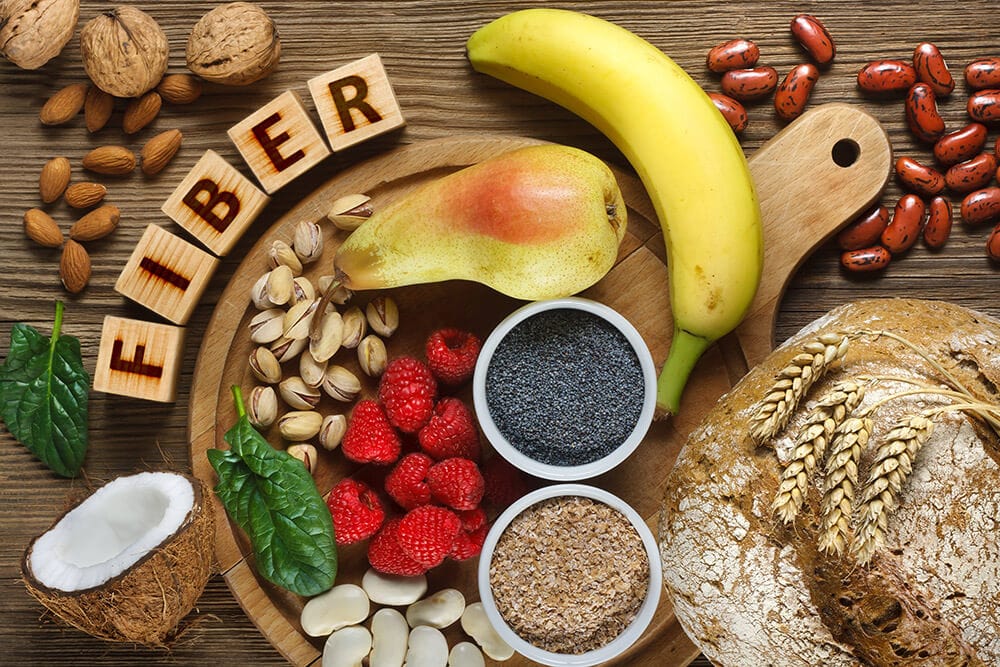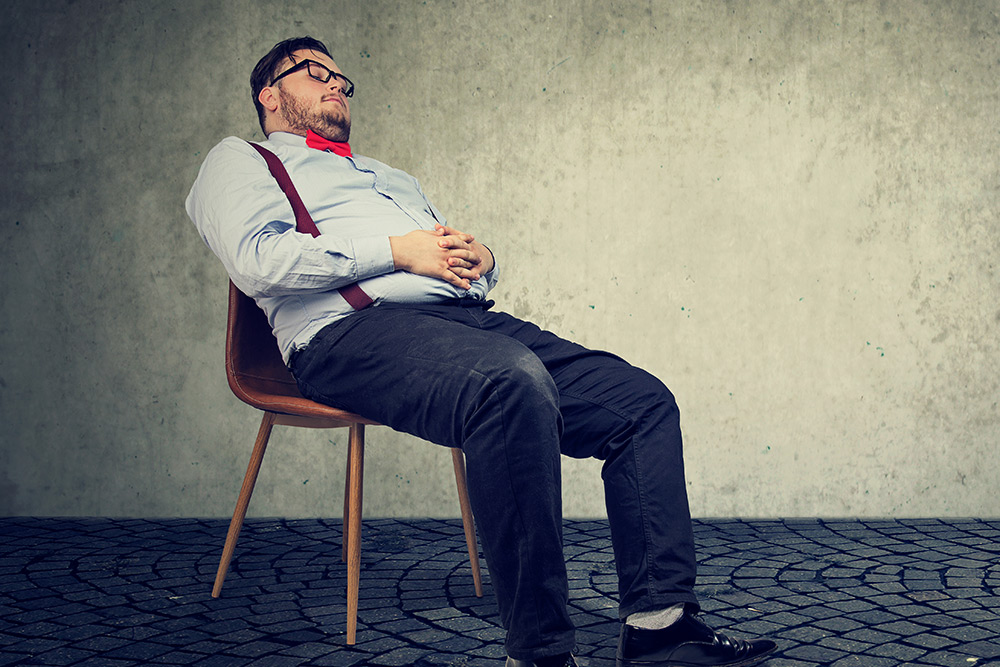What Is a Duodenal Polyp?
A duodenal polyp is a small growth that forms in the lining of the duodenum, the first portion of the small intestine. Most duodenal polyps are benign (non-cancerous), but a subset can develop into cancer if not detected and removed. This condition is coded in ICD-10 as K31.3.
Common Causes and Risk Factors
- Age over 50 years
- Family history of polyps or colorectal cancer
- Long-standing inflammatory bowel disease (e.g., Crohn's disease)
- Helicobacter pylori infection
- Inherited syndromes such as familial adenomatous polyposis (FAP)
Signs and Symptoms
- Often none - polyps are frequently found incidentally
- Abdominal pain or cramping
- Nausea or vomiting
- Fatigue or weakness from iron-deficiency anemia
- Occult (hidden) blood in the stool
How Dr. Rishi Diagnoses Duodenal Polyp?
Dr. Rishi uses a step-by-step approach:
Medical History and Exam
He listens to your GI symptoms, reviews family history of polyps or GI cancers, and evaluates risk factors such as age over 50, chronic inflammation, and H. pylori exposure.
Upper Endoscopy
A flexible endoscope is passed through the mouth to directly visualize the duodenum; any identified polyps can often be removed on the spot.
Biopsy and Pathology
Resected tissue is sent to pathology to check for dysplasia or malignancy, guiding any further treatment.
Blood Tests
Laboratory studies assess for anemia from occult bleeding and screen for H. pylori infection or other contributing factors.
Advanced Imaging (if needed)
- CT or MRI scans to evaluate larger lesions or assess surrounding structures
- Endoscopic ultrasound (EUS) to determine depth of invasion and check nearby lymph nodes when cancer is suspected
Frequently Asked Questions
What is a duodenal polyp?
A duodenal polyp is a small growth in the first part of the small intestine (duodenum). Most are benign but some can become precancerous if not removed.
What causes duodenal polyps?
They may be linked to age, family history of polyps or colon cancer, chronic inflammation (e.g., Crohn's), H. pylori infection, or genetic syndromes like FAP.
How are duodenal polyps diagnosed?
They're usually discovered during an upper endoscopy, where Dr. Chadha inspects the duodenum and can remove any suspicious growths.
Is polyp removal safe?
Yes. Techniques like endoscopic polypectomy and EMR are minimally invasive, with a low risk of complications when performed by an experienced GI specialist.
How long is recovery after removal?
Most patients resume light activities within 1-2 days. Full recovery typically takes about a week, depending on polyp size and procedure complexity.
Can I prevent duodenal polyps?
While not all polyps are preventable, you can reduce risk by eating a high-fiber diet, treating H. pylori infections promptly, avoiding smoking, and attending regular screenings.











